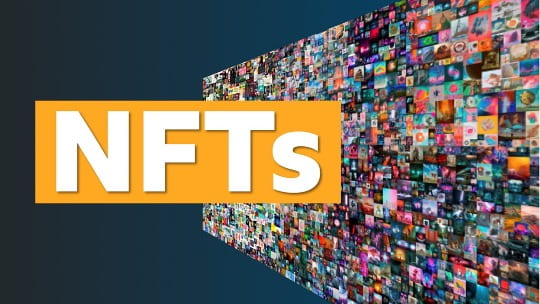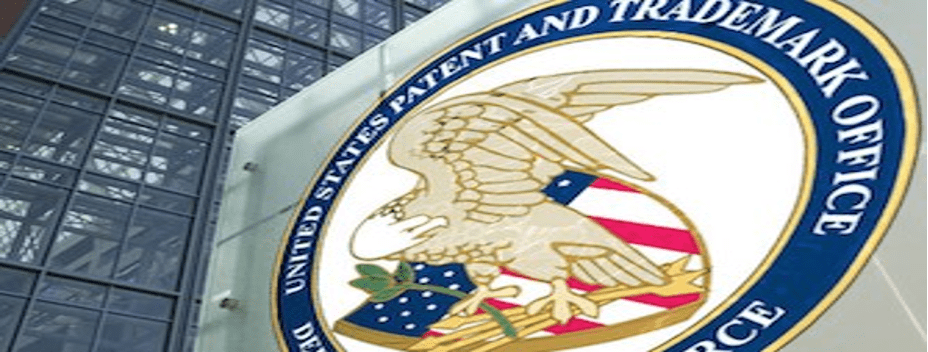Th3 Bl@m3 G@m3: Employee Liability in Cyberattacks
In December 2020, news broke about the massive cyber security breach of SolarWinds. SolarWinds was hacked largely due to weak cyber security practices including the use of a weak password which easily allowed hackers to infiltrate the software and install malware. SolarWinds initially blamed the weak password on an intern, sparking nationwide conversations about employee responsibility in keeping networks secure; however, companies will not necessarily be able to escape vicarious liability for data security breaches if they fail to take the adequate steps to secure their networks.… Read More Th3 Bl@m3 G@m3: Employee Liability in Cyberattacks



















